India
Did BCCI break a long-standing norm when they chose Ajit Agarkar to be the chief selector for India?
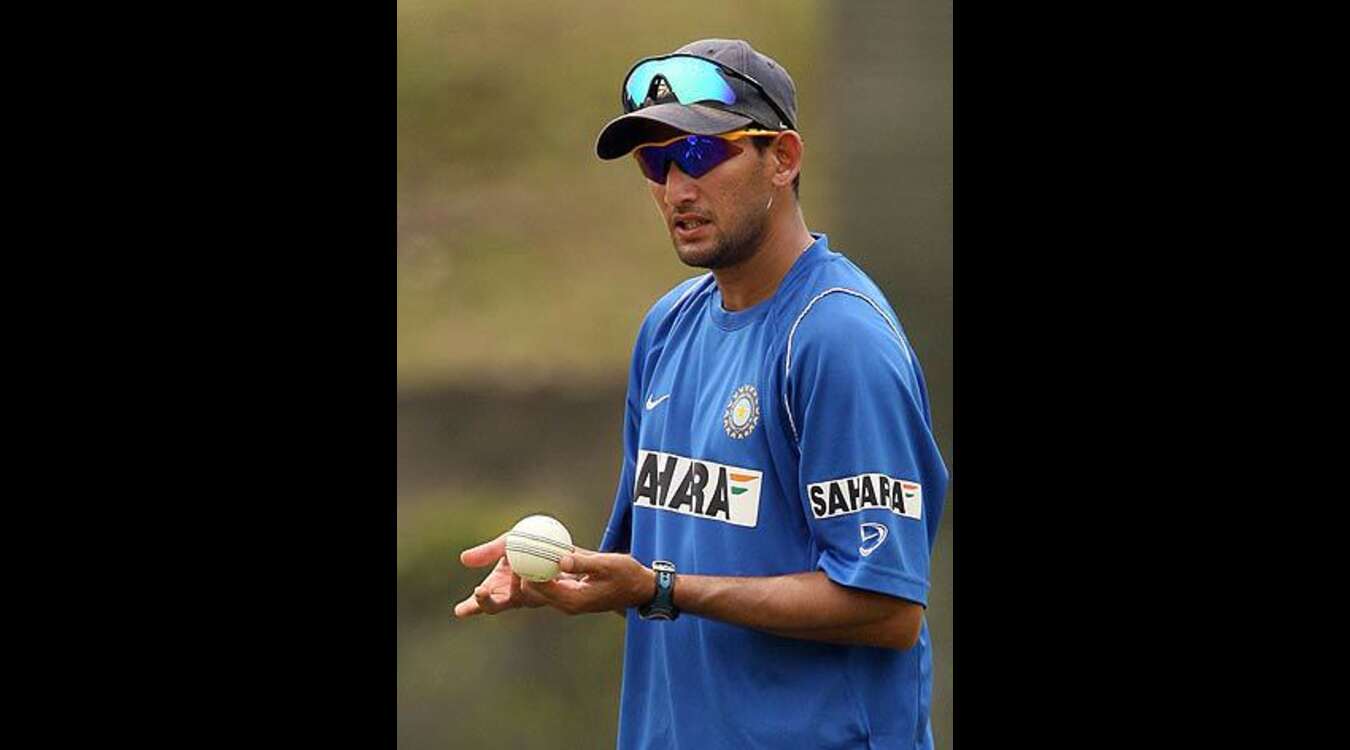
BCCI’s Bold Move: Ajit Agarkar as India’s Chief Selector and the Breaking of Long-Standing Norms
The Board of Control for Cricket in India (BCCI) recently made headlines by appointing Ajit Agarkar as the chief selector for the Indian cricket team. This decision has sparked discussions among cricket enthusiasts and pundits, as it represents a departure from the long-standing norm of appointing former senior cricketers to such prominent roles. In this blog post, we delve into the details surrounding Agarkar’s appointment, examine the breaking of established norms, and analyze the potential implications for Indian cricket.
Traditionally, the BCCI has followed a pattern of appointing former senior cricketers as chief selectors, prioritizing individuals with extensive playing experience and a deep understanding of the game. However, the selection of Ajit Agarkar, who had a successful international career but does not fit the typical mold of previous chief selectors, marks a departure from this established norm.
While not conforming to the usual template, Ajit Agarkar brings his own set of credentials to the table. As a former cricketer who represented India in both Tests and ODIs, Agarkar has a wealth of experience and a keen insight into the game. Additionally, he has served as a commentator and analyst, further enhancing his understanding of the modern cricketing landscape. Agarkar’s appointment suggests that the BCCI is placing emphasis on a broader set of qualifications beyond just playing experience.
The appointment of Ajit Agarkar as the chief selector carries several implications for Indian cricket. Here are some potential benefits of breaking the long-standing norm:
- Fresh Perspective: Agarkar’s selection provides a fresh perspective to the role of chief selector. His experience as a player, combined with his recent involvement in cricket analysis and commentary, may bring new ideas and approaches to the selection process. This could lead to more diverse and innovative team compositions.
- Merit-based Selection: By appointing Agarkar, who is not from the traditional elite group of former cricketers, the BCCI may be signaling a shift towards a more merit-based selection process. This can help create a level playing field for aspiring selectors, promoting transparency and fairness.
- Diversity and Inclusivity: Agarkar’s appointment also underscores the importance of diversity and inclusivity in cricket administration. Breaking the norm of selecting only senior cricketers opens doors for individuals from varied backgrounds, potentially leading to a more representative and inclusive decision-making process.
- Accountability and Performance: Agarkar’s selection may serve as a reminder that the chief selector’s role is not limited to past playing credentials but also requires a keen understanding of current cricketing trends and the ability to identify and nurture talent. This can lead to increased accountability for performance-related decisions.
The appointment of Ajit Agarkar as India’s chief selector by the BCCI represents a significant departure from the long-standing norm of selecting former senior cricketers for such roles. While it may have raised eyebrows initially, this move signifies a shift towards considering a wider range of qualifications and expertise. By embracing diversity, fresh perspectives, and merit-based selection, the BCCI is paving the way for a more inclusive and progressive cricketing ecosystem. It will be intriguing to see how Agarkar’s tenure unfolds and the impact it has on Indian cricket in the years to come.
Group Media Publications
General News Platform – https://ihtlive.com/
Entertainment News Platforms – anyflix.in
Construction Infrastructure and Mining News Platform – https://cimreviews.com/
Podcast Platforms – https://anyfm.in
India
Amit Shah will preside over a high-level Manipur meeting.

Monday night’s meeting to assess the security situation in Manipur will be facilitated by Union Home Minister Amit Shah. This is the first high-level gathering of its kind held by the central government since Prime Minister Narendra Modi’s National Democratic Alliance (NDA) was re-elected earlier this month.
Senior representatives from the federal government, state governments, including chief minister N Biren Singh, the army, and other security agencies are anticipated to attend the meeting at 4 p.m., according to people with knowledge of the development.
Manipur has seen fighting between the Kukis and Meiteis communities since May 3 of last year. The fighting has resulted in at least 225 deaths to far and the displacement of almost 50,000 people, the majority of whom are still living in relief shelters.
The previous few weeks have seen new acts of violence in the northeastern state, including the burning of a school facility close to Moreh and the discovery of the beheaded body of a missing individual.
In the Kangpokpi district last week, armed terrorists assaulted the vehicle of Manipur Chief Minister N Biren Singh’s enhanced security team, injuring a security officer and a civilian driver.
Dr. Mohan Bhagwat, the chief of the Rashtriya Swayamsevak Sangh (RSS), stated on June 10 that Manipur has been waiting for peace for a year and that this problem has to be given priority.
Bhagwat emphasised the importance of putting aside political hyperbole and concentrating on the issues confronting the country.
Dattatreya Hosabale, the general secretary of the RSS, called the current violence in Manipur “painful” and “worrisome.”
The Sangh, according to a statement, feels that the only way to solve any issue is “through mutual dialogue and expression of brotherhood in a peaceful atmosphere.”
In an attempt to mediate peace, Shah had earlier travelled to Manipur last month and convened nine talks with leaders of the Kuki and Meitei groups. Despite this, the violence has not decreased.
General News Platform – https://ihtlive.com/
Entertainment News Platforms – anyflix.in
Construction Infrastructure and Mining News Platform – https://cimreviews.com/
Podcast Platforms – https://anyfm.in/
India
Uttar Pradesh: PM Modi’s visit to the Kashi Vishwanath temple in Varanasi is well underway.

On Tuesday, Prime Minister Narendra Modi will travel to Varanasi, his home district in the Lok Sabha. This will be his first trip to the sacred city since taking office as the nation’s third prime minister.
At the historic Kashi Vishwanath temple, PM Modi is expected to engage with farmers and take part in Ganga Aarti.
What is currently known regarding Prime Minister Narendra Modi’s visit to Varanasi is as follows:
For 4.5 hours, Prime Minister Modi will be in Varanasi. At roughly 4 p.m., he will touch down at Babatpur’s Lal Bahadur Shastri International Airport.
Prior to releasing the 17th installment of the Samman Nidhi, which is intended to benefit 2,76,665 farmers in Kashi, PM Modi will attend a “Kisan Samelan.”
In order to commemorate the farmers in the area, PM Modi will meet with 21 of them at the Kisan Samelan and evaluate their products. BJP party officials are preparing for the visit.
The visit of Prime Minister Modi is a source of pride for the people of Varanasi, according to BJP president Dilip Patel. “We are all proud that Prime Minister Narendra Modi has taken the oath of office three times—once as the nation’s prime minister and once as a member of the Varanasi assembly.”
Following his meeting with the farmers, Prime Minister Modi is scheduled to attend the Ganga Aarti at Dashashwamedh Ghat at the Kashi Vishwanath temple.
Vishwa Bhushan Mishra, the CEO of the Kashi Vishwanath temple, stated in an interview that they have a process for the Prime Minister’s visit. PM Modi is anticipated to spend about twenty-five minutes inside the temple.
Ajay Rai, Modi’s previous opponent for the Varanasi seat, criticised him, claiming that Modi was displacing natives with Gujaratis by handing all employment to them. Regarding the purported dearth of factories and development in the city, he questioned Modi.
General News Platform – https://ihtlive.com/
Entertainment News Platforms – anyflix.in
Construction Infrastructure and Mining News Platform – https://cimreviews.com/
Podcast Platforms – https://anyfm.in/
India
Sunita Kejriwal is requested by the Delhi High Court to remove Arvind Kejriwal’s court footage from social media.

The wife of chief minister Arvind Kejriwal, Sunita Kejriwal, has been ordered by the Delhi High Court to remove a video of her husband speaking to a Delhi court from her social media accounts. The social media companies have also been ordered by the court to remove posts that contain links to the video.
In addition, the high court has sent notices to all parties involved in the PIL, which was filed by lawyer Vaibhav Singh, alleging that Kejriwal’s appearance before Delhi’s Rouse Avenue Court on March 28 violated the court’s regulations regarding video conferencing.
Among the five people requested to remove the social media posts is Sunita Kejriwal.
The court has set July 9 for the hearing.
On March 28, Arvind Kejriwal personally addressed Special Judge (PC Act) Kaveri Baweja after being brought before the court a second time after being arrested by the Enforcement Directorate in connection with the Delhi liquor policy case.
Sunita Kejriwal reposted the images after the audio and video recordings of the speech went viral on social media.
When films with comparable content are brought to their attention, the Delhi High Court ordered X, YouTube, Facebook, and Instagram to remove them.
The notice on the PIL filed by the Delhi-based attorney Vaibhav Singh was issued by a division bench made up of Justices Neena Bansal Krishna and Amit Sharma.
After he disregarded nine summonses from the Enforcement Directorate, Arvind Kejriwal was taken into custody on March 21 in relation to the excise policy fraud. Subsequently, the Delhi High Court affirmed the agency’s decision.
Later, Arvind Kejriwal petitioned the Supreme Court to overturn his arrest.
In order to enable Kejriwal to campaign for his Aam Aadmi Party during the Lok Sabha elections, the Supreme Court granted him temporary release in May for a period of 21 days.
On June 2, he turned himself in to the Tihar Jail officials per the Supreme Court’s directive.
The former bureaucrat Sunita Kejriwal had spent a great deal of time campaigning for the AAP during the Lok Sabha elections. But the party was unable to secure a single seat in the nation’s capital.
General News Platform – https://ihtlive.com/
Entertainment News Platforms – anyflix.in
Construction Infrastructure and Mining News Platform – https://cimreviews.com/
Podcast Platforms – https://anyfm.in/
-
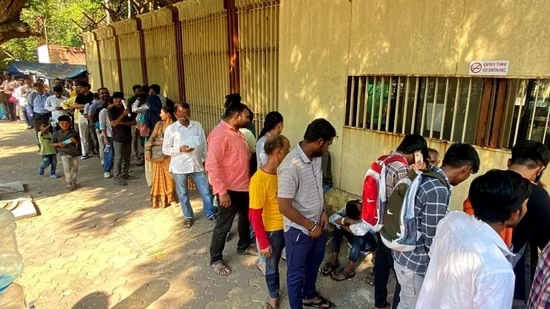
 India8 months ago
India8 months agoThe afternoon briefing revealed that 97.26% of the ₹2000 notes were returned, and the Israeli Prime Minister committed to war goals.
-
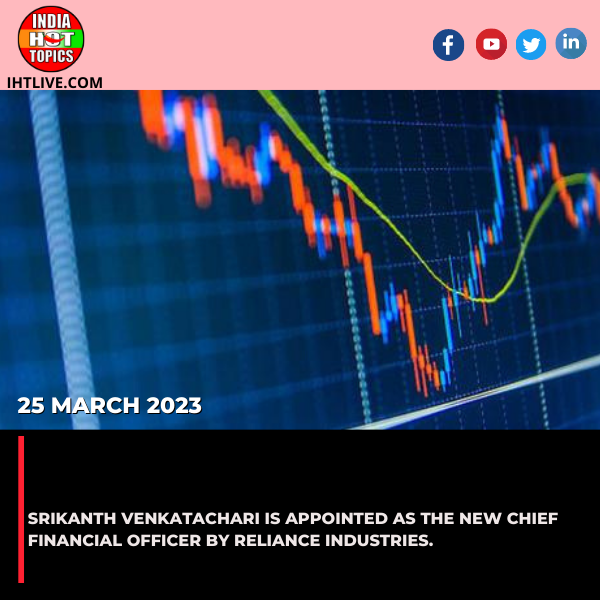
 Business1 year ago
Business1 year agoSrikanth Venkatachari is appointed as the new chief financial officer by Reliance Industries.
-

 Entertainment1 year ago
Entertainment1 year agoNew Season 8 The Walking Dead trailer flashes forward in time
-
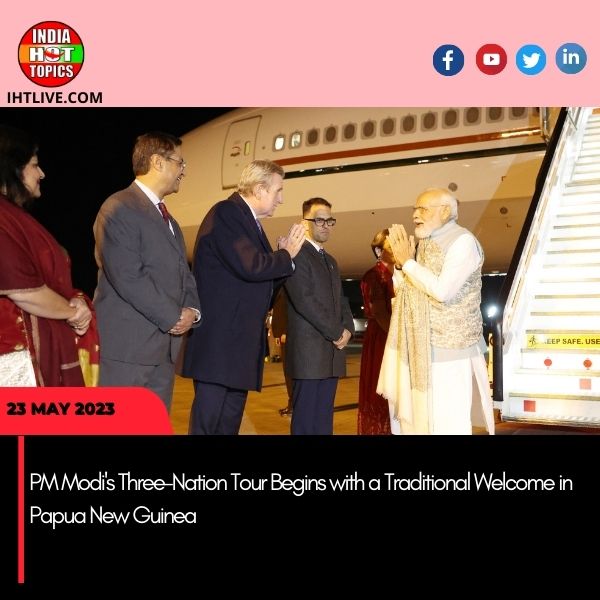
 India1 year ago
India1 year agoPM Modi’s Three-Nation Tour Begins with a Traditional Welcome in Papua New Guinea
-

 Fashion7 years ago
Fashion7 years agoThese ’90s fashion trends are making a comeback in 2017
-

 India Hot Topics12 months ago
India Hot Topics12 months agoCenter ‘busts’ 8 YouTube channels for distributing false information.
-

 Business7 years ago
Business7 years agoThe 9 worst mistakes you can ever make at work
-
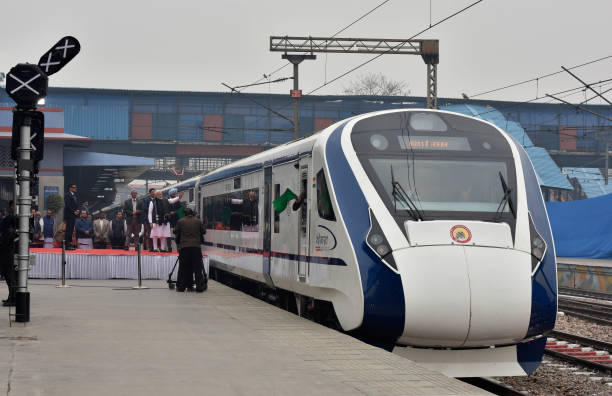
 India1 year ago
India1 year ago3 Vande Bharat Trains, An E-way: MP’s Infra, Connectivity Projects on Fast Track ahead of Assembly Polls








